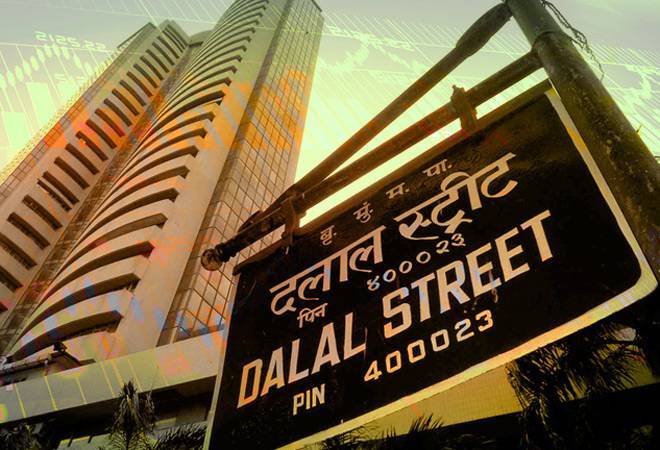Stockmark in India generally refers to the stock market, which is a marketplace where shares of publicly listed companies are traded. India has two major stock exchanges: the Bombay Stock Exchange (BSE) and the National Stock Exchange (NSE).
Key Points about the Stock Market in India:

- Bombay Stock Exchange (BSE):
- Established in 1875, BSE is one of the oldest stock exchanges in Asia.
- It is located in Mumbai and lists over 5,000 companies, making it one of the largest exchanges in terms of listed firms.
- The benchmark index for BSE is the Sensex, which tracks the performance of the top 30 financially sound companies across sectors.
- National Stock Exchange (NSE):
- Founded in 1992, NSE is the largest stock exchange in India by daily turnover and trading volume.
- Its benchmark index is the Nifty 50, which represents the top 50 companies from 13 sectors of the Indian economy.
- NSE introduced electronic trading, revolutionizing the Indian stock market with faster, more transparent, and secure trading.
- Regulation:
- The Securities and Exchange Board of India (SEBI) is the regulatory body that oversees the functioning of stock markets, ensuring transparency, investor protection, and smooth functioning of trading operations.
- Investment Avenues:
- Equity Shares: The most common form of investment, where investors buy a stake in a company.
- Derivatives Market: This includes trading in futures and options contracts based on various underlying assets such as stocks, indices, or commodities.
- Debt Market: It allows for the trading of fixed-income securities such as bonds and debentures.
- Initial Public Offerings (IPO):
- Companies raise capital by offering shares to the public through IPOs. India has seen several successful IPOs in sectors like technology, finance, and retail.
- Popular Indices:
- Sensex (BSE) and Nifty 50 (NSE) are the most widely tracked indices, used to gauge the overall performance of the stock market.
- Trading Mechanism:
- Dematerialization: Shares in India are held in electronic form (demat), and trades are settled through demat accounts.
- Brokerage Services: Stockbrokers provide access to trading platforms, and investors can buy/sell shares either online or through traditional brokerage firms.
- Foreign Investment:
- Foreign Institutional Investors (FIIs) and Foreign Portfolio Investors (FPIs) actively participate in Indian markets, contributing significantly to liquidity and market movements.
The stock market in India has evolved into a robust and dynamic ecosystem, offering a wide range of investment opportunities for both domestic and international investors.

